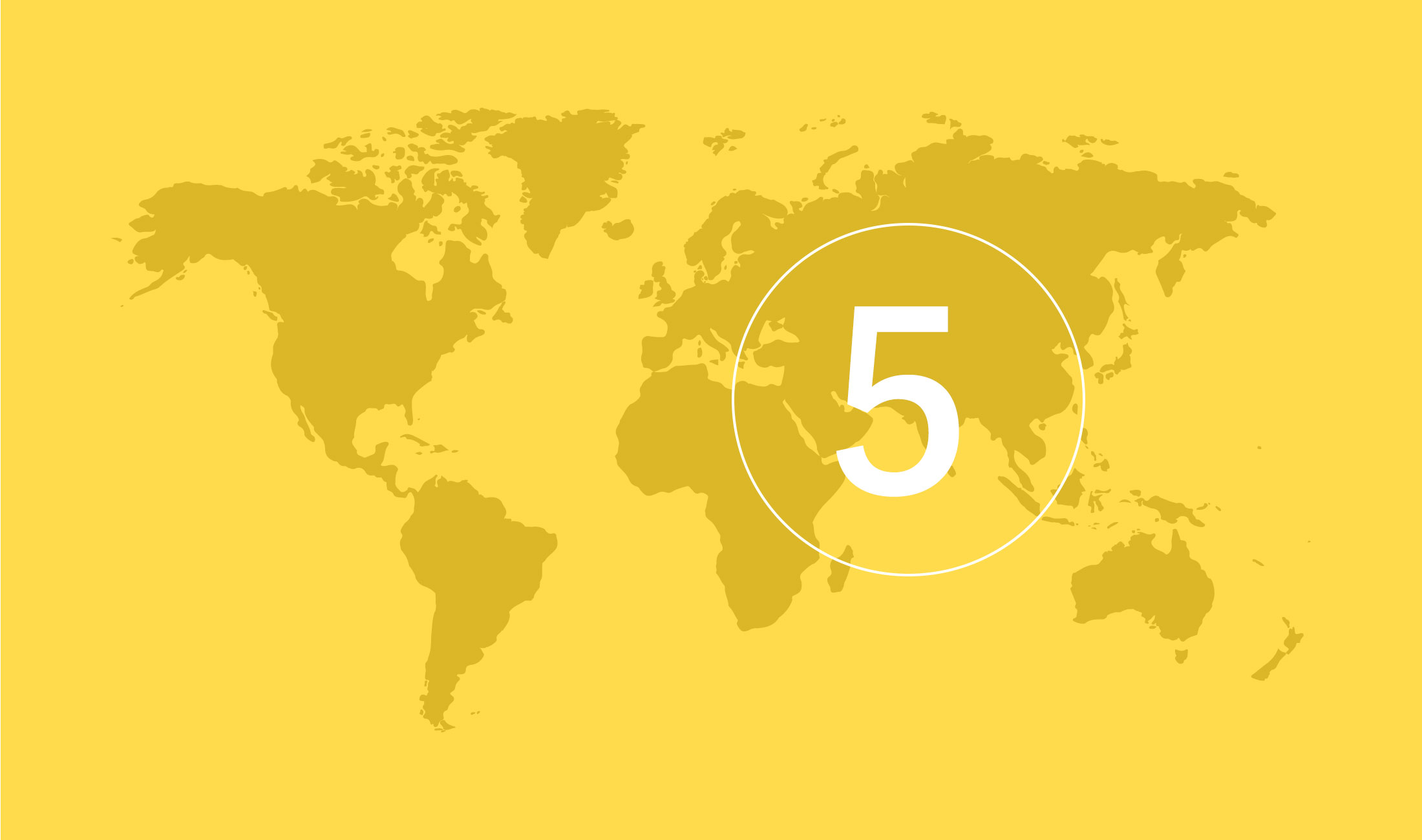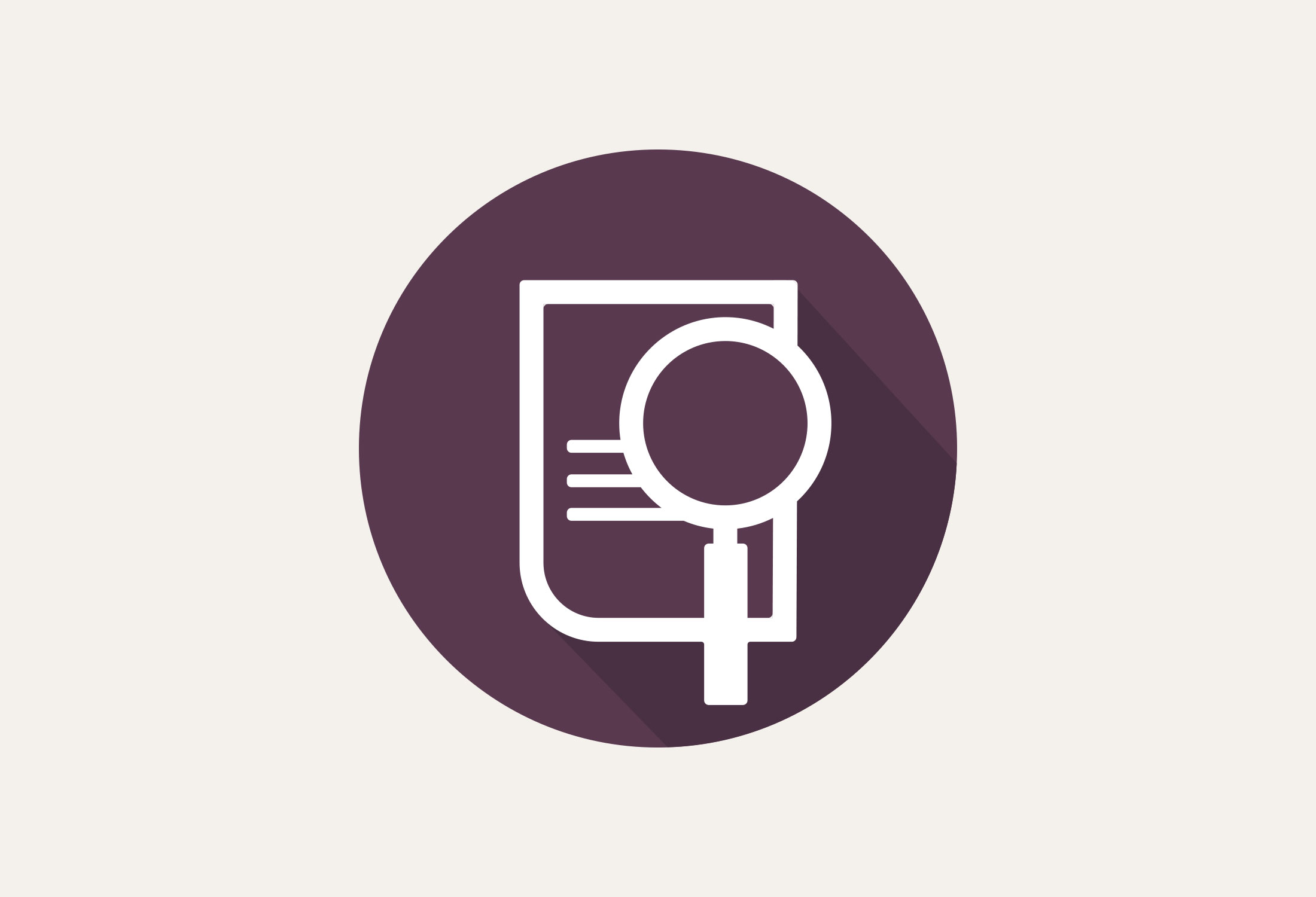
Ivory Coast, The
Category
5
- 0
- 1
- 2
- 3
- 4
- 5
- 6
- 7
| Risk type | Short | Long |
|---|---|---|
| Sovereign |

|

|
| Public |

|

|
| Bank |

|

|
| Corporate |

|

|
The icons indicate EKN's risk assessment.

No policy established

Normal risk assessment

Restrictive risk assessment

Normally off cover

OECD or EU countries
Country risk analysis
Country risk analysis archive
Country Risk Analysis of the Ivory Coast
The latest Country Risk Analysis of the Ivory Coast was issued in October 2024.
Background
Since the end of the civil war in spring 2011, Ivory Coast’s economy has undergone rapid transformation. Over the past decade, GDP per capita has grown at an average annual rate of four percent in real terms, a considerable pace compared to other African economies, contributing to stable public finances. Additionally, Ivory Coast is a member of the West African CFA franc zone (WAEMU), in which the currency is pegged to the euro and guaranteed by France.
The currency zone promotes macroeconomic stability through low inflation, relatively minor exchange rate fluctuations, and reduced transfer risk within the zone as well as against hard currencies. WAEMU also enables the government to borrow in CFA on the regional capital market, thereby lowering refinancing risk compared to relying solely on the domestic market.
Growth is largely driven by natural resources, particularly in agriculture, gold, and oil, although an emerging food and textile industry also contributes. Domestic politics represent the greatest threat to the positive trend in country risk. Ivory Coast’s recent history has been marked by politically driven conflicts with deadly outcomes, and the country remains divided.
The civil wars from 2000 to 2007 and 2010 to 2011 severely impacted the economy, leading to multiple sovereign defaults, most recently in 2011. Significant military uprisings also occurred in both 2014 and 2017. Underlying political tensions persist, while low GDP per capita and widespread poverty overall contribute to the risk of social unrest.
President Alassane Ouattara has governed Ivory Coast since 2010 and is currently serving his third term, which is controversial as the constitution permits only two terms.
Climate change is relevant to country risk due to the large agricultural sector and low-income levels. According to the University of Notre Dame’s ND-GAIN index, the country ranks among the most vulnerable to climate change worldwide (134/187 in 2022). Ivory Coast is particularly exposed to storms and drought. Additionally, the oil and gas industry is important for maintaining a high growth rate, posing a degree of transition risk.
Moreover, the resource-based economy is sensitive to fluctuations in global market prices, particularly for cocoa, coffee, and oil. Ivory Coast is the world’s largest cocoa producer, and cocoa accounts for nearly 40 percent of the country’s exports.
High tension until Ouattara reveals his cards
Ivory Coast remains among the few countries on the African continent experiencing positive country risk development. Over the coming years, the economy is expected to grow by an average of just over six percent annually, supported by cocoa, gold, gas, and oil exports. Forecasts for cocoa and, especially, gold prices are favourable for the coming years.
Unlike most other African economies, this represents a substantial GDP per capita growth of over three percent. Inflation is expected to fall to three percent in 2025, followed by two percent in 2026, which is very low from an African perspective. Gradual income growth combined with low inflation means that Ivorians have largely maintained their purchasing power compared to many other countries on the continent.
WAEMU membership has benefited the country’s public finances, making Ivory Coast one of the few nations nearing the union’s stability target of a maximum three percent budget deficit. According to the IMF’s latest forecast, Ivory Coast is set to reach this target by 2025, aligning with the National Development Plan for 2022–2025. Sustained growth, coupled with a declining budget deficit, is expected to lower public debt towards 56 percent by 2026, aligning with the average for country risk category 5.
The IMF programme is considered positive for credit risk and is proceeding as planned. The second review was completed in spring 2024, prompting a disbursement of USD 574 million. The IMF reports progress in budget consolidation and long-term efforts to bolster the country’s resilience against climate-related risks. Tax revenues are expected to rise gradually under the programme but will remain low by international standards (around 16 percent of GDP from 2026 to 2029).
The relative stability of public finances made Ivory Coast one of the first African countries to return to the Eurobond market in 2024. In January, the country sold two oversubscribed Eurobonds worth USD 2.6 billion with interest rates between 7.9 and 8.5 percent. On the external side, WAEMU’s pooled reserves remain under pressure, covering approximately three months of imports. In addition to low tax revenues, the substantial foreign debt relative to currency reserves is also a vulnerability for the country.
Ivory Coast’s ability to avoid destabilising political unrest remains the most crucial factor for the country’s future economic development. Ouattara’s potential candidacy in the 2025 presidential election is the key factor to monitor. The president’s third term was already controversial, sparking significant protests and violence, though not to the extent that triggered civil war nearly fifteen years ago. If Ouattara decides to run for a fourth term, extensive political protests are expected, and coups cannot be ruled out.
There are, however, several risk-mitigating factors. Compared to the period before the 2010–2011 civil war, political divisions within the country have lessened, institutions have grown stronger, and the main antagonists from the war are gradually exiting the political scene. Although the government’s reconciliation efforts have not fully addressed underlying conflicts, steps have been taken toward a less volatile domestic political situation. Gbagbo (79) has lost political influence in recent years and is barred from running for president due to a 2018 conviction.
The third major antagonist, Bédié, passed away in 2023, and former rebel leader and Prime Minister Soro remains in exile. Should Ouattara choose not to run, the 2025 presidential election could focus on an entirely new slate of candidates, with former Credit Suisse CEO Tidjane Thiam as the main opposition leader. The ruling RHDP party maintains that Ouattara’s candidacy for a fourth term is constitutionally valid, but Ouattara himself has not commented. Thus, the choice of presidential candidate remains open, though Ouattara’s advanced age (82) and concerns over the potential impact of his candidacy on national stability may ultimately deter him.
Unlike Burkina Faso and Mali, where recent coups have largely been driven by worsening security conditions, Ivory Coast has been significantly less affected by Islamist violence. The threat from Islamist groups has increased in the northern part of the country, but attacks have so far been relatively few and small in scale. The government has boosted its military presence in the northern regions, including the purchase of four Chinese attack helicopters in June 2024, and is investing in food security in vulnerable areas.
Additionally, Ivory Coast receives substantial financial and military support from France and the United States, who are keen to avoid a repeat of the Sahel’s trajectory. The base case is that Ivory Coast will continue on its current path over the next three to five years, with major political upheaval likely to be avoided.
Business environment
Strong growth, low inflation, and a stable currency provide a foundation for a favourable business climate in Ivory Coast. The economy ranks among the ten largest in Africa. High growth is crucial for the country’s stability, making government policies business-friendly from a regional perspective.Ivory Coast’s ranking in the World Bank’s Worldwide Governance Indicators has improved significantly over the past decade.
From being in the bottom decile at the beginning of the 2010s, the country’s ranking now sits just below the global average. Notably, government effectiveness and the rule of law have strengthened.However, substantial weaknesses remain across all areas, including corruption. The high level of corruption by global standards affects the legal system, which is generally weak. As a result, pursuing legal cases and bankruptcy proceedings can be time-consuming and unpredictable in outcome.
EKN’s policy
EKN classifies Ivory Coast in country risk category 5 and applies standard risk assessment for sovereign risks, banks, and companies. Thus, there are no predefined requirements in the country policy regarding guarantees for these buyer categories. As in most other African countries, EKN is closed to sub-sovereign risk, such as municipalities, cities, and government agencies. Transactions with such buyers require a letter of credit, bank guarantee, or sovereign guarantee.
EKN’s commitment and experience
EKN’s involvement primarily consists of sovereign risks related to deliveries for a transport project and a water treatment project. In addition to water treatment and transport, EKN is also engaged in the mining, paper, and telecommunications sectors. Payment experience has generally been positive. Current delays concern transactions with private buyers in the transport sector. The outstanding claims mainly relate to four transactions from 2017/2018, also within transportation.
More for companies that want to export to The Ivory Coast

EKN's guarantees
EKN's guarantees reduce the risk of payment defaults and help banks support businesses. Which guarantee suits your needs?
EKN's guarantees
Guarantee guide
Are you unsure which guarantee is the best fit for your specific transaction? Try our guarantee guide.
Guarantee guide